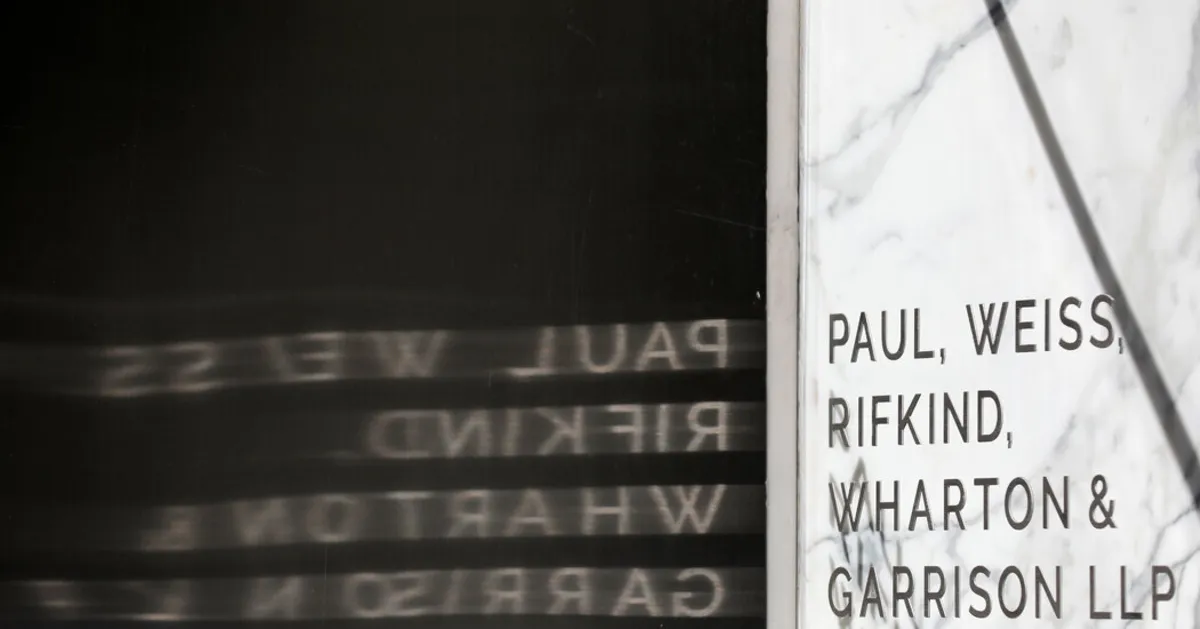
On Friday, the legal community was abuzz with discussions surrounding a significant deal made by Paul Weiss, one of the nation’s foremost law firms. This controversial agreement was made with President Trump to circumvent an executive order that threatened to hinder the firm’s ability to represent numerous clients before the federal government. The ramifications of this deal have sparked intense debate among lawyers, with some asserting that it was primarily driven by profit motives, while others expressed concern that it enables autocracy.
In a bid to protect its business interests, Paul Weiss committed to performing $40 million worth of pro bono work for causes aligned with the interests of the White House. This decision marks a pivotal moment in the ongoing retribution campaign initiated by the White House against prominent law firms that have represented legal professionals involved in the criminal cases against Trump, especially as the 2024 election approaches.
The reaction to Paul Weiss's deal has been overwhelmingly negative within the legal community, particularly due to the firm’s historical reputation. Traditionally, Paul Weiss has been associated with Democratic values and has taken pride in championing civil rights issues. John Moscow, a former top prosecutor at the Manhattan District Attorney's office, voiced his discontent, stating, “They have all the resources they need to fight an unlawful order. The example they are setting is to surrender to unlawful orders rather than fight them in court.”
The backlash was palpable across various social media platforms, where lawyers from both large and small firms expressed their disdain for Paul Weiss's actions. Comments such as “Absolutely shameful and spineless behavior” quickly circulated on X, reflecting a growing sentiment of indignation among legal professionals. This incident has ignited a broader conversation about the ethical responsibilities of law firms in the face of perceived governmental overreach.
The implications of Paul Weiss's decision to engage in a deal with the Trump administration extend beyond simply preserving business interests. It raises critical questions about the firm’s commitment to its core values and the ethical obligations of lawyers in the current political climate. As the legal landscape continues to evolve, the actions of firms like Paul Weiss will undoubtedly shape the discourse around law, ethics, and accountability in the face of political pressure.